In a dramatic development on the global diplomatic platform, former US President Donald Trump has once again shook the controversy – this time claiming that he played an important role in increasing a possible armed conflict between India and Pakistan. Trump’s comment has not only raised eyebrows internationally, but has also given a sharp response to the Government of India, which has strongly rejected the idea of third-party mediation in bilateral matters.
Unexpected summit
According to several international reports, Donald Trump recently Washington, D. C. The meeting hosted Pakistan’s Army employees at a high-profile meeting yet, although informally in nature, Trump quickly focused on international attention after claiming during a press briefing that he had helped to stop the war between India and Pakistan in the last month.
His accurate words suggested that the South Asian neighbor was “close to growth compared to the world,” and his “time -diplomatic engagement” with the Pakistani army helped calm the situation.
India’s Foreign Office declared:
“There is no scope for any third-party intervention. India is committed to bilateral engagement, provided Pakistan will curb terrorism across the border and demonstrate honesty.”
The Indian media also severely criticized Trump’s comments, calling him a violation of diplomatic etiquette and a potentially dangerous example.
Historical reference to third-party arbitration
India and Pakistan have been particularly on obstacles on the Kashmir issue for a long time. While Pakistan has historically invited international players to interfere or intervene in some form or the other, India has been firm in opposition to such efforts.
During Trump’s presidency, a similar dispute erupted in 2019 when he claimed that Prime Minister Modi had asked him to mediate on Kashmir – a statement that India had denied rapidly.
This recent episode follows a uniform pattern, but with a new twist: to include a direct side-stepping citizen leadership to the Pakistan Army.
Why does it matter now
This diplomatic spark comes at a particularly sensitive time for South Asia. Major states of India and are struggling with economic and political instability in Pakistan, any story of conflict – real or perceived – has a significant geopolitical implication. In addition, Trump’s possible candidature in the 2024 US presidential elections means that such statements are not only diplomatic weight but also domestic political currency.
Some analysts suggest that Trump is once again trying to keep himself in position as a “global peacekeeping”, a role that he often made during his previous term – from North Korea to Afghanistan. However, critics argue that using the delicate balance of South Asia as a talking point can cause more damage than good.
Role of Pakistani Army
A major aspect that has worried is the nature of Trump’s engagement – not with the citizen leadership of Pakistan but with its army. The Pakistan Army has great impact in the politics and foreign policy of the country, especially on issues related to India.
By connecting directly with the Pakistani military chief, Trump may have unknowingly (or intentionally) bypassing democratic institutions in Pakistan, which raises questions about the moral implications of American diplomacy.
Regional and global reactions
Reactions from global powers have been silenced so far, but strategic experts believe that this incident can affect India’s diplomatic stones, especially the U.S. In your defense cooperation with.
At the same time, China – a close aide of Pakistan – can see it as an opportunity to strengthen its regional impact as tension between India and West.
Conclusions: a diplomatic tight
Trump’s claims to stop the India-Pakistan war have already added fuel to a sensitive issue. While the former US President can see it as an individual diplomatic win, the Government of India sees it as unacceptable violation of protocol and national sovereignty.
As regional mobility changes rapidly in South Asia, such statements of influential global leaders underline the importance of balanced, respectable diplomacy – especially when peace and national interest hangs in balance.


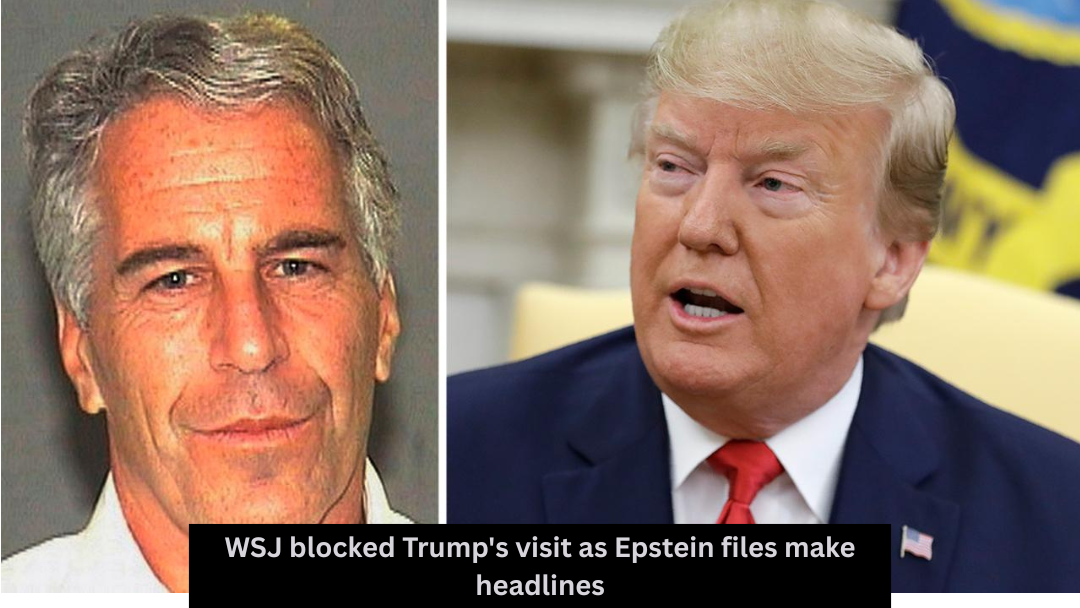


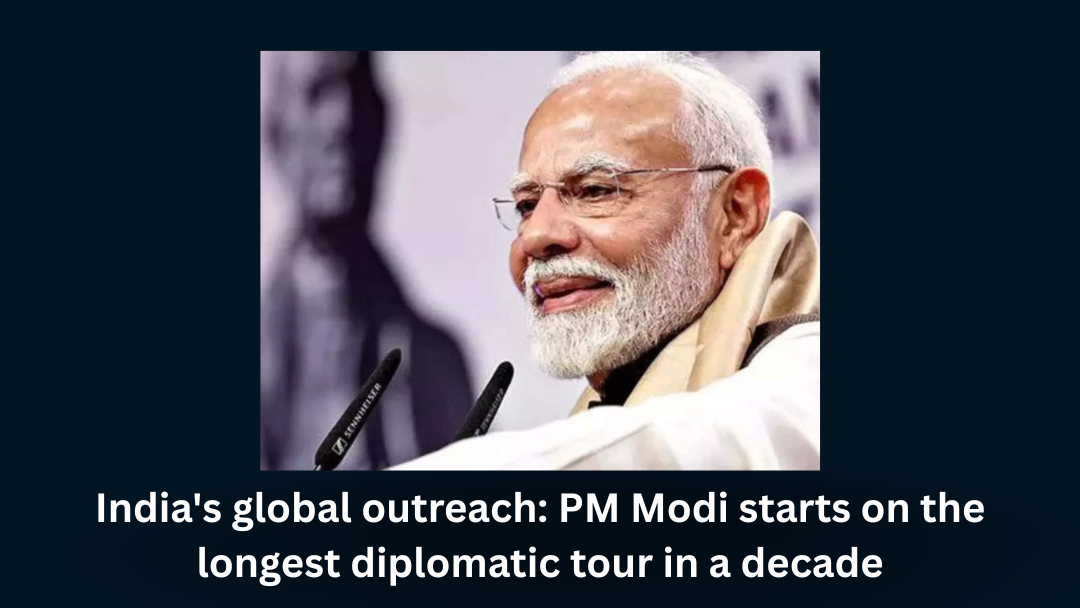
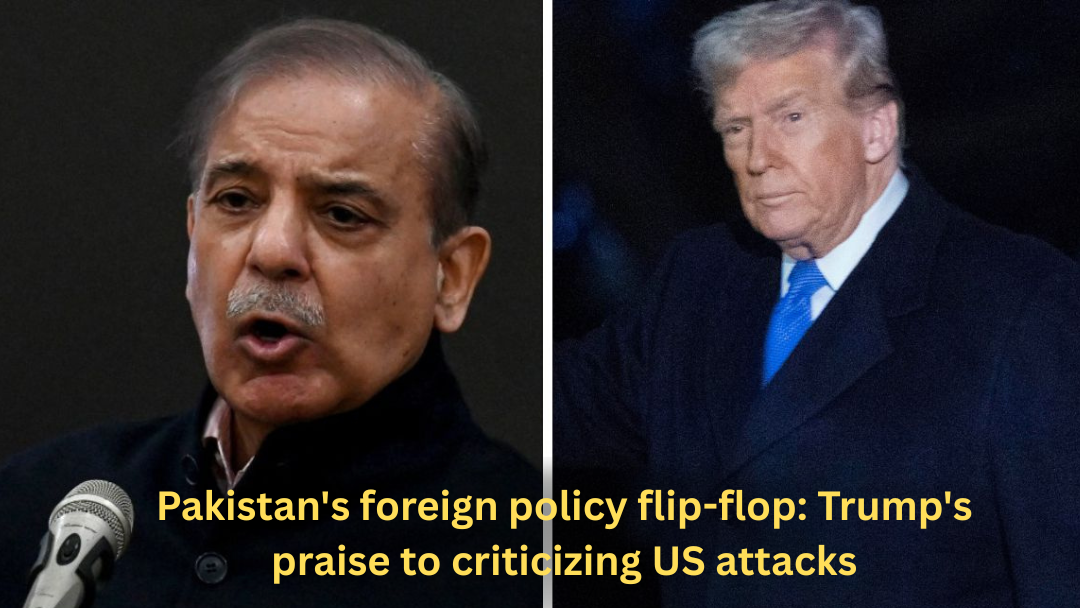

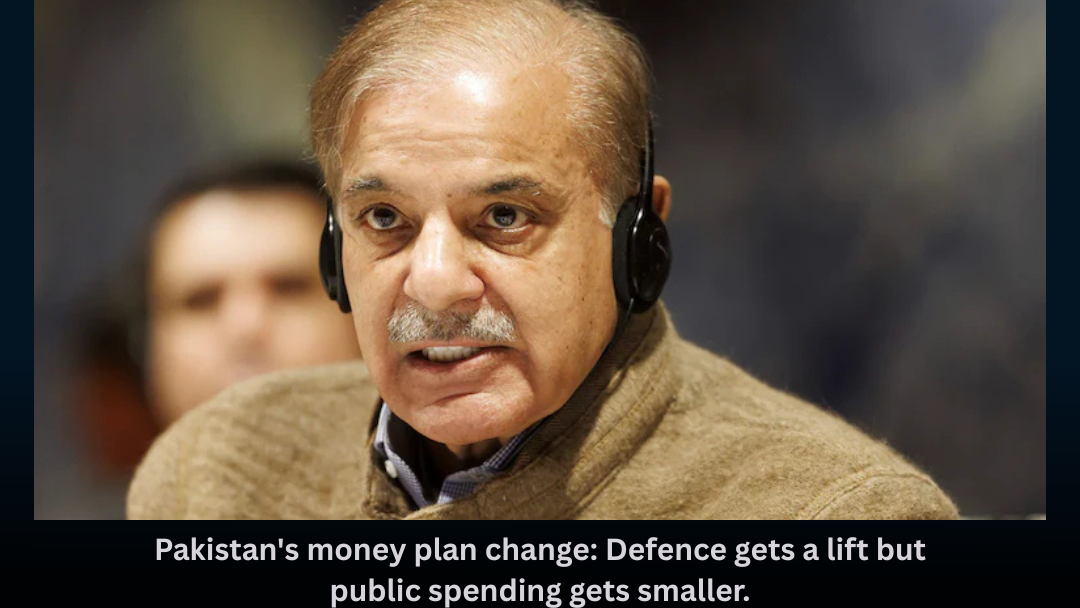

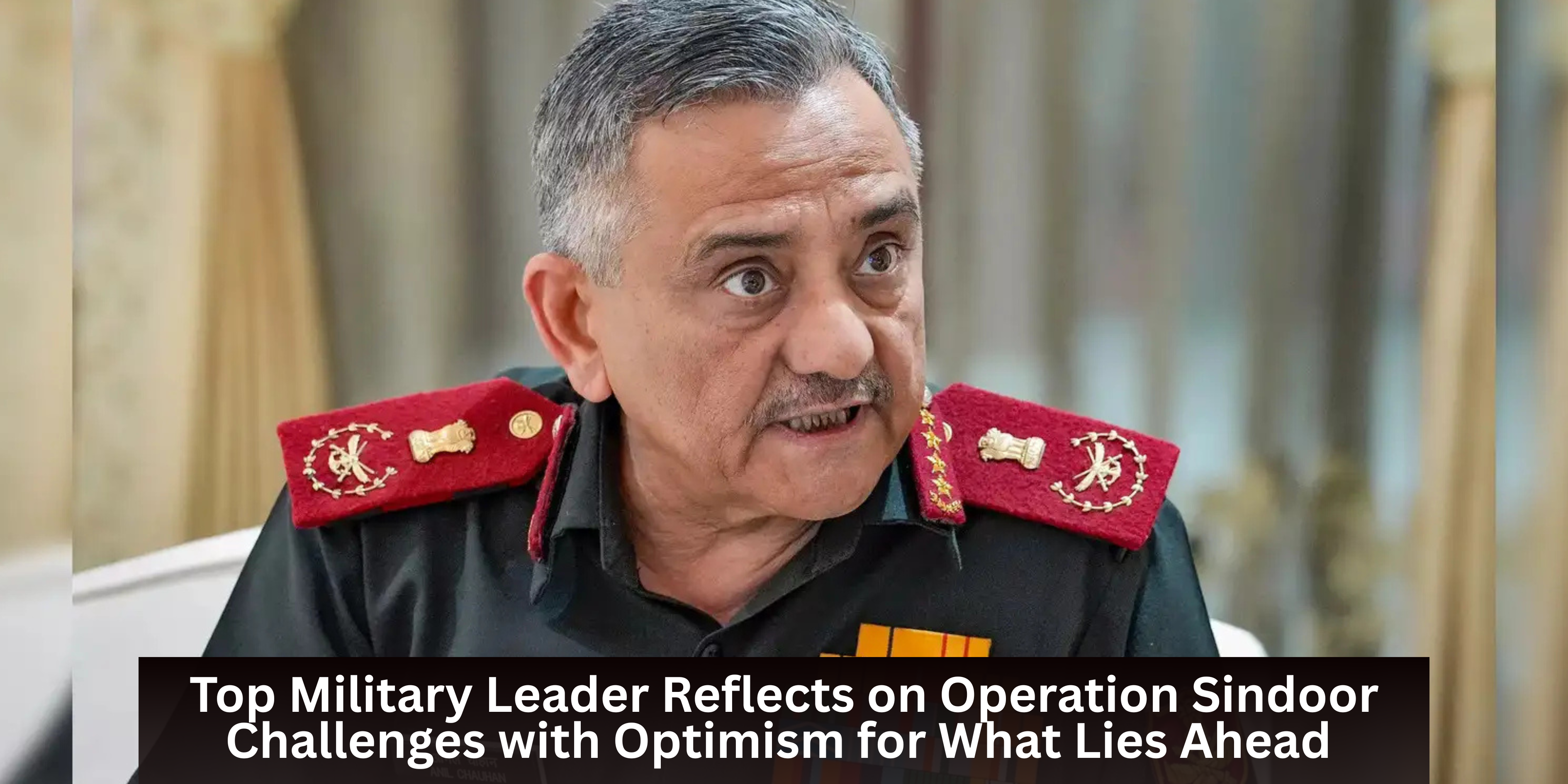


Leave a Reply